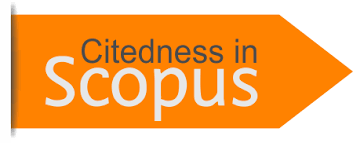Synergy of Islamic Institutions in Empowering the Religious Commitment of Muslim Converts in Sarawak, Malaysia
Keywords:
Synergy, Islamic Institutions, Religious Commitment, Muslim Converts, SarawakAbstract
The religious commitment of Muslim converts in Sarawak is a crucial indicator in ensuring that they internalize and practice Islamic teachings holistically. The establishment of several da'wah organizations at both the federal and state levels, such as the Department of Islamic Development Malaysia (JAKIM), the Islamic Da'wah Foundation Malaysia (YADIM), the Muslim Welfare Organization of Malaysia (PERKIM), the Sarawak Islamic Council (MIS), the Sarawak Islamic Religious Department (JAIS), and the Harakah Islamiah (HIKMAH), has contributed to the increasing process of conversion to Islam in Sarawak. Various da'wah programs have been planned to provide support in terms of religious guidance, education, social support systems and financial assistance for Muslim converts. However, the development of religious commitment among Muslim converts may be affected by issues such as lack of coordination between institutions, limited resources, a diverse societal climate, cultural and linguistic gaps and other challenges. Therefore, synergy between Islamic institutions is essential to ensure that guidance and support for converts are implemented more effectively and sustainably. This study adopts a qualitative approach through document analysis to examine the concept of religious commitment among converts and the role of Islamic institutions in strengthening their Islamic practice. The findings reveal that, despite the various initiatives undertaken, there is still a need to enhance synergy among institutions through the coordination of religious education programs, the integration of welfare and economic support and the strengthening of da'wah networks within the community. Hence, this study proposes a more systematic collaborative strategy to empower the religious commitment of converts in Sarawak, enabling them to lead a stronger religious life in line with the aspirations of an inclusive and progressive Islamic society.















